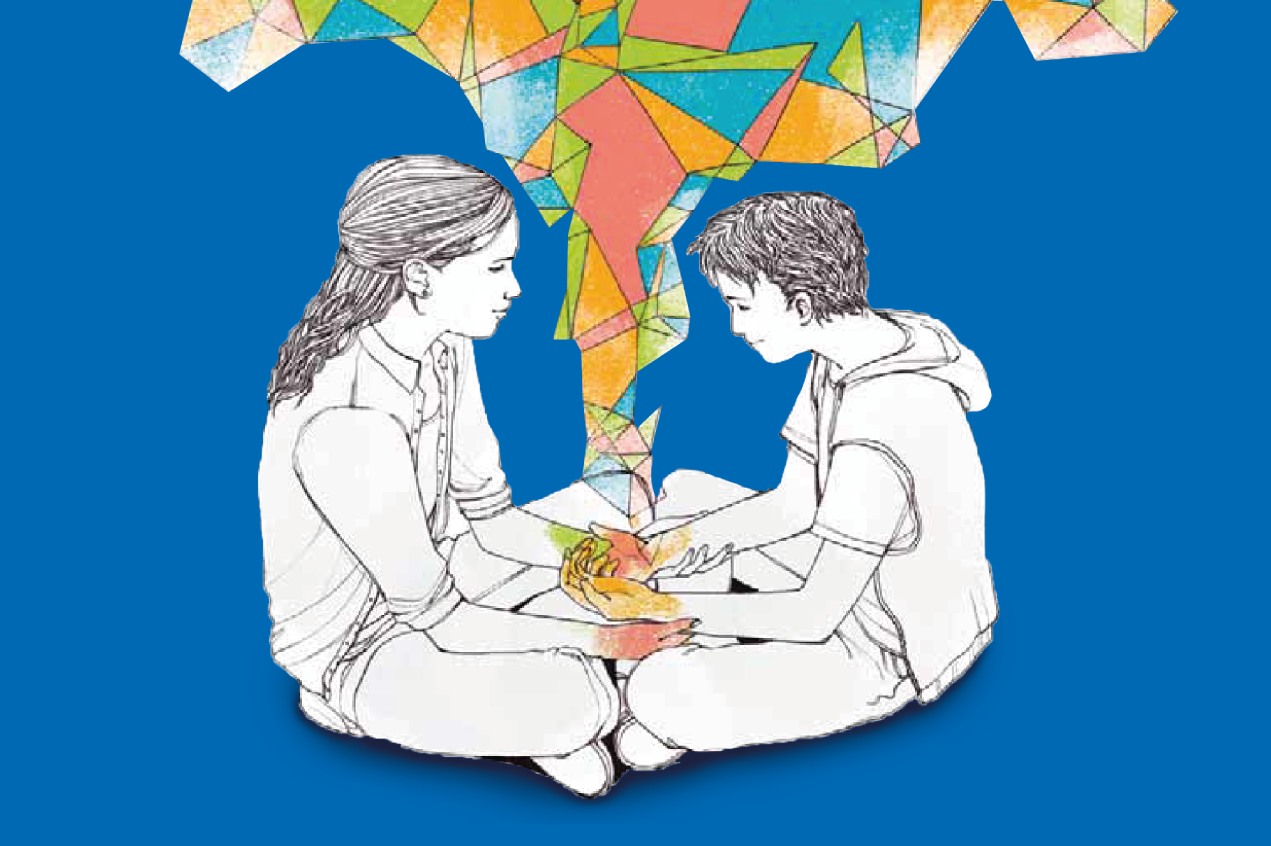The global crisis due to climate change strains the resilience of populations more frequently. On the coasts of Guerrero, Mexico, the rains bring freshness but also apprehension, fear, and anxiety for those still suffering from the aftermath of Hurricane Otis. However, schools and teachers are bastions of help and hope for socio-emotional recovery and rebuilding community ties. They also require technical assistance and recognition from institutions and communities for their daily efforts.
On October 25, 2023, Otis rapidly escalated from a tropical storm to a category five hurricane, hitting the coasts of Guerrero with its destructive power. More than 290 schools were estimated to be damaged, and classes were interrupted for over 76,200 students.
In emergencies, education is a fundamental right to create resilient societies to learn from crises and envision better, sustainable futures with greater community cohesion, environmental harmony, and participation in decisions for the common good.
Education in emergencies prepares people to avoid risks and rebuild and restore, just like the dreams of children and youth in a challenging world.

Yeni Astullido Delgado, a teacher at the Alfredo V. Bonfil Rural Primary School in Coyuca de Benítez, says that teachers are fostering awareness among their students and parents about the current climate crisis and actions to heal the earth, as humans are facing new events due to damage to nature and climate change.
We lived a very difficult time... Unfortunately, this is only the beginning because more severe situations are coming. That is what we are trying to make clear to our students. We need to be ready.
The connection between educational processes and learners, extending beyond classrooms, would not be possible without the careful work of teachers, especially in communities in more vulnerable environments, such as the coasts.

“We design our work, we search for and find materials and resources, we have technical councils, and we provide the educational offer of the study plans and programs… the entire learning process depends on us,” says Zulima Mendoza Bernal from the Margarita Maza de Juárez Primary School, also in Coyuca de Benítez.

The teaching communities of Guerrero, both in-service and trainee teachers, address the challenges of an uncertain future faced by the inhabitants due to the environmental crisis manifesting in forest fires, water crises, and Hurricane Otis, among other difficulties.
Educators also recognize the importance and difficulty of raising awareness among students and their families about these issues, creating networks between schools and communities, and building resilience from childhood to adulthood.
Despite this arduous mission, teachers also express that they still do not receive the credit they deserve. There are even stigmas and prejudices that cut off the recognition of their daily work, says Flor Itzel Vargas Nájera, a trainee teacher at the Updating Centre for Teachers (CAM) in Acapulco.
The assessments of educators should be even essential, but also what stays with the students. The students are the evidence and demonstrate the effectiveness of the teachers.
Schools and teachers play a role in facing natural disasters, social or political crises, or violent situations. Schools usually are adapted as collection centres or shelters due to the sense of security they provide, explains Rosa Wolpert, Education National Officer at UNESCO in Mexico. However, the educational sector is usually not included in the immediate reactivation measures.
If the school and their community are prepared to respond to an emergency, it will be able to support the community… to discuss how to prepare, help, and take care of their spaces.
As part of the strategy to support educational recovery after Hurricane Otis in Guerrero, UNESCO began its support activities for the State Secretariat of Education (SEG) by working with key actors in the system: teachers. They shared their experience gained in various countries that faced natural disasters and social crises through the first on-site training workshop on the methodology for Education in Emergencies: Reconstruir sin ladrillos (Rebuild without Bricks).

"Reconstruir sin ladrillos" is a methodology created by UNESCO from the Latin American experience that, in the current situation of damaged areas in Guerrero, opens the doors to a new way of thinking about socio-emotional repair and emergency response from a transformative perspective.
The training involved more than 300 basic education teachers (preschool, primary, and junior high school), including principals, superintendents, and teacher trainers from the affected localities of Acapulco, Coyuca de Benítez, and Chilpancingo, guided by the co-authors of the methodology: Griselda Amuchástegui and Isabel del Valle.

According to Griselda, we must recognize ourselves as vulnerable beings to be ready to unlearn and, then, to learn and rebuild. As Isabel points out, there is a crucial dimension in the healing process from crisis events where teachers continue to play a leading role by establishing a relational connection.
The workshops were an important meeting for the teaching community to identify themselves as support agents with strengths and capable of generating deep changes in the minds of students and their communities, in addition to developing tools and identifying capacities to continue professionalizing.
Teachers are present without whom the mission of building, from the depths of crises and adversity, a more just and hopeful world through the right to inclusive, equitable, and quality education is impossible.


Learn about adaptation as online course!
Learn about the Reconstruir sin ladrillos as a massive open online course (MOOC), with resources and videos to download and consult.










